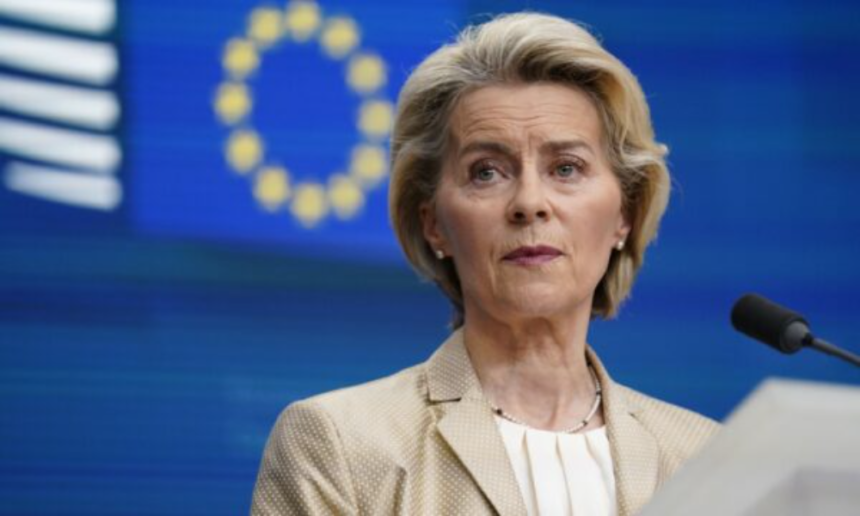The European Parliament has scheduled a vote for November 27th to confirm the new composition of the European Commission. Ursula von der Leyen, who will continue as the head of the European Union’s executive arm for another five-year term, will present the new commission to the MEPs during the plenary session.
The vote was set after political groups within the European Parliament reached an agreement on the confirmation of all the proposed commissioners. The proposed commissioners have undergone hearings in the relevant parliamentary committees, and now each one has received the necessary support to take on their designated roles within the Commission.
Cross-Party Consensus Reached
The agreement comes after initial disagreements among three main pro-European political groups: the European People’s Party (EPP), the second-largest group, the Progressive Alliance of Socialists and Democrats (S&D), and the liberal Renew Europe group, which has seen a decline in influence. These three groups together hold enough votes to secure the confirmation of the new European Commission.
It is also expected that the two far-right groups in the Parliament will support the new Commission, as it includes candidates from their ranks, including Oliver Varhelyi from Hungary and Raffaele Fitto from Italy. The ruling party in Hungary is part of the “Patriots for Europe” group, while the party of Italy’s Prime Minister, Giorgia Meloni, is aligned with the “Conservatives and Reformists” group.
Confirmation Set for December 1st
According to sources from the European Parliament and the European Commission, there is confidence that the vote will pass with the necessary majority on November 27th. This will allow the new Commission to officially begin its term on December 1st.
Focus on the Western Balkans
During the next five years, the European Commission will prioritize key regions, particularly the Western Balkans. Slovenia’s upcoming Commissioner for Enlargement, Marta Kos, and the High Representative for Foreign Affairs and Security Policy, Kaja Kallas, are expected to play a central role in advancing the EU’s enlargement agenda. Both have pledged to work towards making EU enlargement a reality within their term, with a focus on the Western Balkans.
Their efforts will be critical in advancing the EU’s regional engagement, particularly in countries like Albania, Bosnia and Herzegovina, North Macedonia, Montenegro, and Serbia, which have been on the EU’s enlargement path for years.
Anticipated Challenges and Opportunities
While the new Commission will have a strong mandate, the road ahead will not be without challenges. Political and economic instability in certain regions, as well as the ongoing geopolitical tensions in the EU’s neighborhood, may test the Commission’s capacity to foster cohesion and navigate complex relationships both within the EU and with external partners.
Nevertheless, with a united front from the main political groups in the European Parliament, and the support of key figures from across the political spectrum, the new Commission is poised to hit the ground running with ambitious goals for the next five years.







